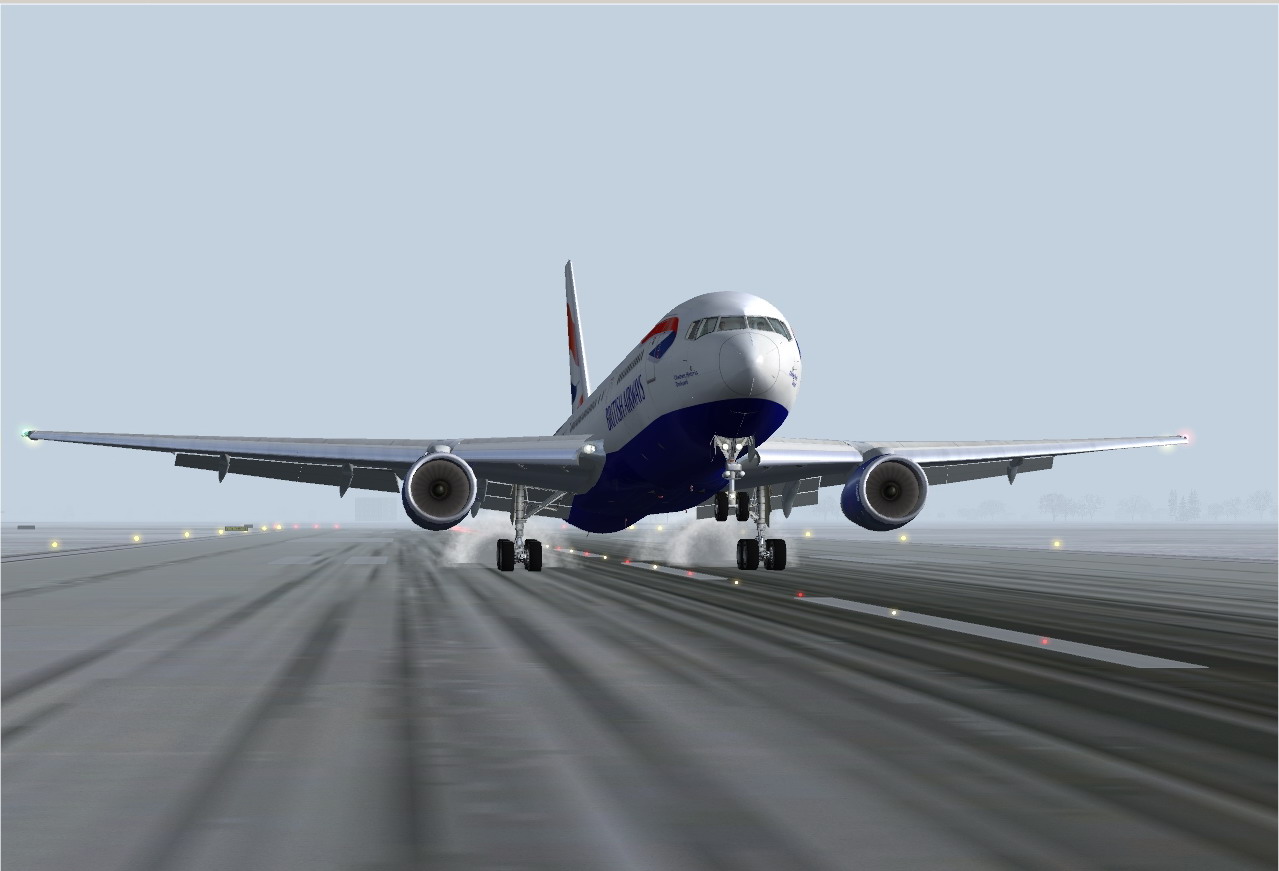 Imagine you are to travel on a flight scheduled to leave at 11:00 am and arrive at 1:00 pm. The flight is delayed, so you are wondering whether- under EU law, you might be entitled to compensation. Regulation 261/2004, as previously interpreted by the Court of Justice, establishes that compensation is due when the delay *at arrival* amounts to at least three hours.
Imagine you are to travel on a flight scheduled to leave at 11:00 am and arrive at 1:00 pm. The flight is delayed, so you are wondering whether- under EU law, you might be entitled to compensation. Regulation 261/2004, as previously interpreted by the Court of Justice, establishes that compensation is due when the delay *at arrival* amounts to at least three hours.
The flight has touched ground at 3:58 pm, it has reached the terminal at 4:05 and the doors opened at 4:10.
The answer to the question whether you can claim compensation depends on one basic issue: when has the plane actually "arrived"?
This was the question posed to the CJEU in Germanwings (C-452/13). Four possible answers were listed by the referring court:
(a) the time that the aircraft lands on the runway (‘touchdown’);
(b) the time that the aircraft reaches its parking position and the parking brakes are engaged or the chocks have been applied (‘in-block time’);
(c) the time that the aircraft door is opened;
(d) a time defined by the parties in the context of party autonomy.
The CJEU started with excluding the last option, absent any indication to this effect in the Regulation. Subsequently, it answered the question starting with the reason why compensation (as the Court had previously decided) is to be awarded in the first place, ie the fact that the travelers have to endure an irreversible loss of time. Now, this loss of time is caused by the fact that, while on board of the airplane, the passengers' ability to communicate, move and attend to their normal activities is restricted. Such restriction is inevitable during the regular duration of a certain journey, but turns into damage when this duration is exceeded, originating a claim for compensation (see paras 19-21).
The restrictions that passengers have to endure, however, only come to an end when the latter are able to leave the aircraft- that is, when the doors open. For this reason, in the context of Regulation 261/2004 , whose sole aim is to grant "minimal rights" to passengers suffering various inconveniences when travelling (para 26), the notion of "arrival" has to be interpreted to mean the time that the aircraft door is opened- and the passengers are subsequently free to leave.
In cases such as the one we started this post with, thus, having touched the ground a couple of minutes before the three hour "tolerance" period expires will no longer be an excuse for companies to deny passengers compensation
The CJEU started with excluding the last option, absent any indication to this effect in the Regulation. Subsequently, it answered the question starting with the reason why compensation (as the Court had previously decided) is to be awarded in the first place, ie the fact that the travelers have to endure an irreversible loss of time. Now, this loss of time is caused by the fact that, while on board of the airplane, the passengers' ability to communicate, move and attend to their normal activities is restricted. Such restriction is inevitable during the regular duration of a certain journey, but turns into damage when this duration is exceeded, originating a claim for compensation (see paras 19-21).
The restrictions that passengers have to endure, however, only come to an end when the latter are able to leave the aircraft- that is, when the doors open. For this reason, in the context of Regulation 261/2004 , whose sole aim is to grant "minimal rights" to passengers suffering various inconveniences when travelling (para 26), the notion of "arrival" has to be interpreted to mean the time that the aircraft door is opened- and the passengers are subsequently free to leave.
In cases such as the one we started this post with, thus, having touched the ground a couple of minutes before the three hour "tolerance" period expires will no longer be an excuse for companies to deny passengers compensation